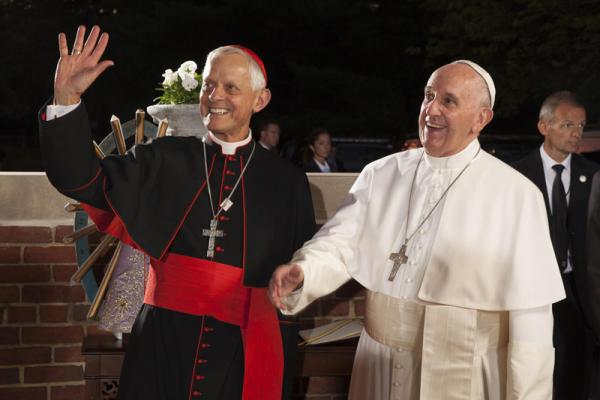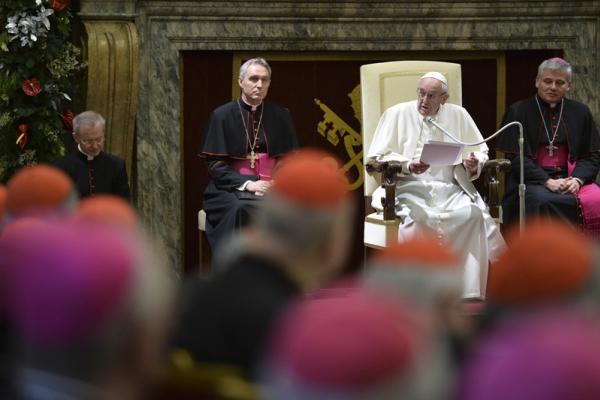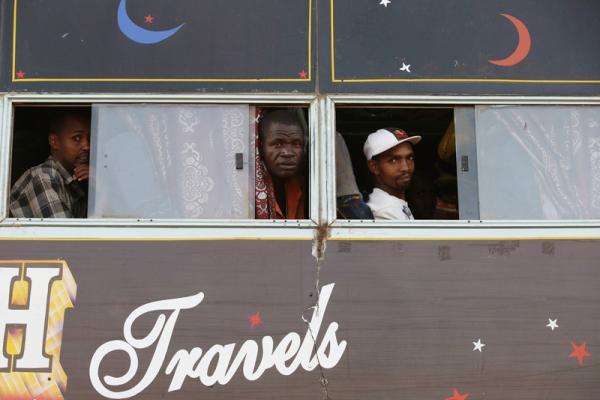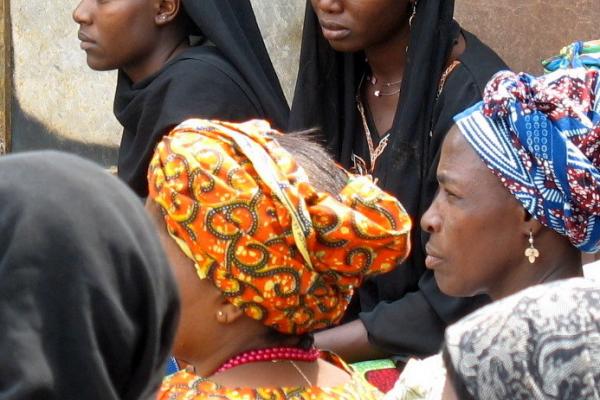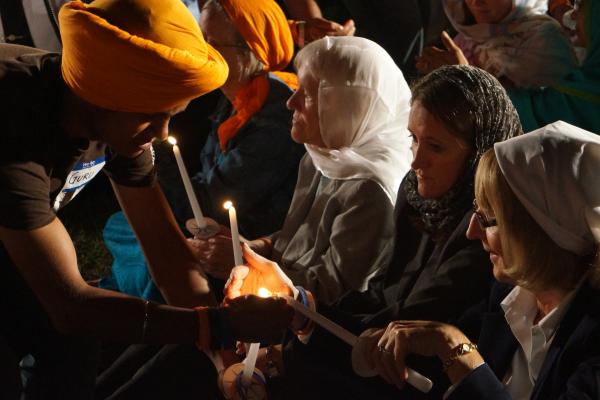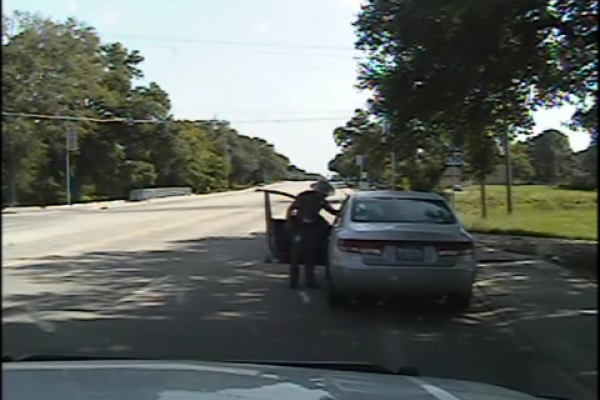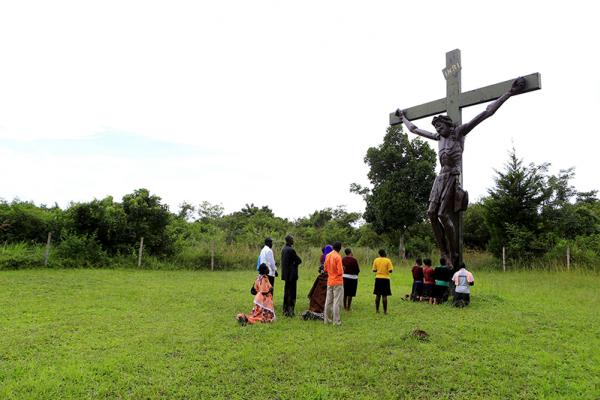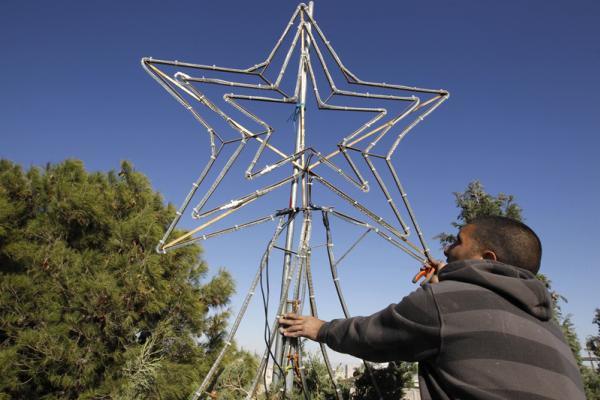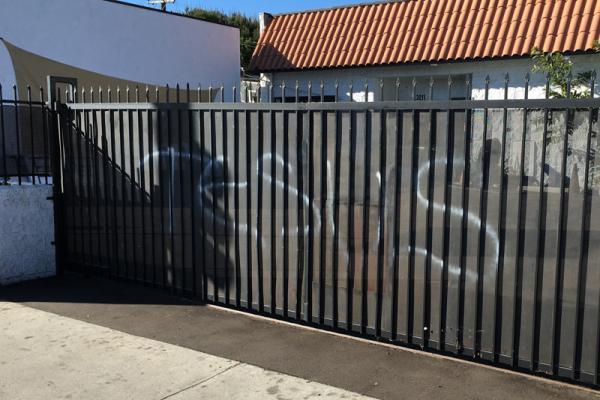Cardinal Donald Wuerl is an eminently approachable churchman, and unfailingly polite, yet the archbishop of Washington is hardly the type to wear his emotions on his sleeve.
A year after he delivered a blistering diagnosis of 15 “diseases” plaguing the Roman Curia, including “spiritual Alzheimer’s,” Pope Francis on Dec. 21 listed a 12-point “catalog of needed virtues” that the bishops and cardinals who run the Holy See should seek to follow.
Christian leaders have hailed as an act of bravery and selflessness the shielding of some Christians by Muslims after suspected al-Shabab gunmen in Mandera County ambushed a passenger bus.
Maybe, as my alma mater Wheaton College would contend, it really is about doctrinal precision. Maybe for the sake of intellectual and spiritual integrity, there is a need to parry the ontological and epistemological arguments and counter-arguments, to determine the appropriate professional future of Dr. Larycia Hawkins, who dared to say on her Facebook page on Dec. 10 that Christians and Muslims “worship the same God.” But these issues look and feel differently in a place like Jos, Nigeria — where I was born to American missionary parents, six thousand miles from Wheaton’s campus chapel.
Congress has repeatedly prevented government research of gun violence out of fear. Opponents of gun research fear what it will reveal — uncovering more information might convince more people that there are problems with American gun laws. By avoiding empirical study, it seems clear that we may already suspect the answers.
Australian artist Toby Morris’ comic “On a Plate” illustrates how privilege works — and why people who benefit from it can’t see it.
By following two individuals’ life paths set side-by-side, Morris shows how someone’s privilege — or lack thereof — can lead to totally different outcomes.
Bland was found dead in a jail cell after being arrested during a traffic stop, when she was pulled over for changing lanes without signaling. Police claim that her death was a suicide, but friends and family don’t believe it.
Francis marked the start of the jubilee on Dec. 8, when he opened the Holy Door at St. Peter’s Basilica in Rome. The yearlong celebration calls on Catholics to reflect on the theme of mercy and forgiveness and showcase a more inviting faith. That theme resonates in Africa, home to about 200 million Catholics. A sizable part of this population is tormented by war, violence from Muslim extremists, HIV/AIDS, and poverty.
The Star of Bethlehem is the name given to an event in the night sky that the Gospel of Matthew says heralded the birth of Jesus. Three wisemen — or magi, or kings — come to King Herod and ask, “Where is the one who has been born king of the Jews? We saw his star in the east and have come to worship him.”
It was a Sunday that started off like most — a mad rush to get breakfast on the table, get the kids dressed, and head to our mosque. Dec. 13 was supposed to be a special day to honor the San Bernardino massacre victims at Baitul Hameed Mosque in Chino, the Ahmadiyya Muslim Community’s Los Angeles center since 1987.
